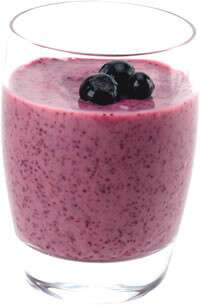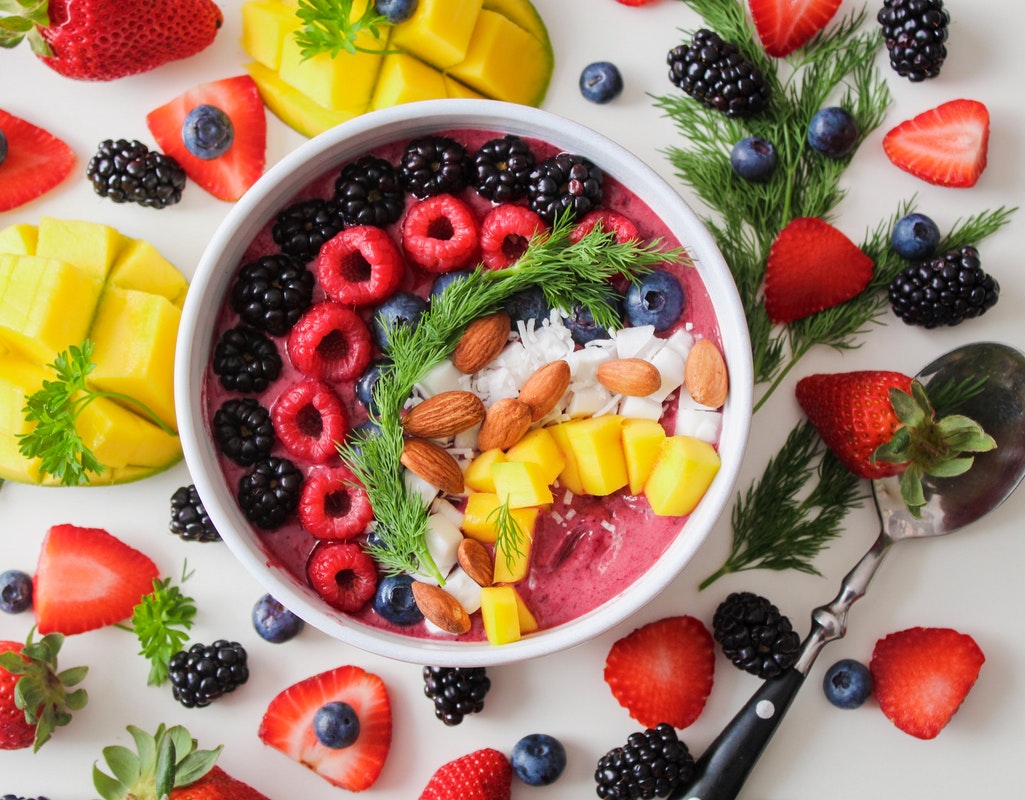Natures Beautiful Delicious Berries
Research studies show blueberries are packed with antioxidants and fight against free radicals, which are a cause of cancer, according to a study published in Frontiers in Pharmacology (2018). Regarding the super-food list, berries are at the top. There are many berries, and they all differ in their nutritional value. Cranberries, blackberries, fresh, not dried, strawberries & raspberries are high in fiber & low in calories.
Berries Rich in Antioxidants
“Antioxidants work everywhere in the body, including the heart,” says Johns Hopkins registered dietitian Kathleen Johnson, M.A., R.D., L.D.N. They’re best consumed in natural, whole foods — not supplements — especially colorful fruits and vegetables.
Blueberries have potent antioxidants, which may lower the risk of heart disease, diabetes, and Alzheimer’s. In addition, evidence from human clinical studies shows important healthful aspects of blueberries. For example, blueberries’ anti-inflammatory and antioxidant actions significantly benefit vascular functions. “Fresh or frozen is better than dried,” he adds. “Dried berries have only 20 percent as many phytonutrients and more sugar.”
New findings published today in the American Journal of Clinical Nutrition show that eating 150g of blueberries daily reduces the risk of cardiovascular disease by up to 15 percent.
The research team from UEA’s Department of Nutrition and Preventive Medicine, Norwich Medical School, says that blueberries and other berries should be included in dietary strategies to reduce the risk of cardiovascular disease — particularly among at-risk groups.
Black Berries
Blackberries are underplayed and underappreciated. Blackberries are among the berries highest in antioxidants and fiber, and they have been less cultivated than blueberries, meaning what we eat today is closer to the fruit that once existed in the wild. Check farmer’s markets for blackberries’ close kin — the loganberry, boysenberry, and marionberry. You can also buy frozen berries and defrost them in the microwave to add to cereal or atop yogurt.
Backed by Science The Benefits of Berries on Brain Health
A new article published in ACS’ Journal of Agricultural and Food Chemistry on the value of eating berry fruits shows that scientists have discovered that eating blueberries, blackberries, and other fruits can help prevent age-related memory loss. Recent research shows that eating berry fruits can benefit the aging brain. To analyze if it’s true, they looked closely at cellular studies in animals and humans to see what effects berries had on their health.
Berries are the brain’s best friend because berries contain high levels of antioxidants. These compounds protect cells from damage by harmful free radicals and also change how neurons communicate in the brain. These signaling changes can help prevent inflammation of the brain, which shows to contribute to neuronal damage and improve both motor control and cognition.
Further Scientific Studies
Positive scientific evidence from human observational and clinical research studies supports biomarker-based evidence. For example, epidemiological studies associate regular, moderate intake of berries and anthocyanins with reduced risk of heart disease, death, and type 2 diabetes. In addition, there are reports of improved weight management and neuroprotection.
Berries Suggested Daily Intake
Research reports the intake of one-third cup of blueberries/anthocyanins 50 mg daily reduces the risk of disease.
Simple fruit smoothie

INGREDIENTS:?1 cup plain, nonfat Greek yogurt, cup orange juice banana, cut into pieces, cup blueberries, fresh or frozen, cup ice.
DIRECTIONS:?
Combine all ingredients in a blender or food processor and blend until smooth.
Pour into a glass and serve.
NUTRITION FACTS: Servings: 1. Serving size: 12 ounces. Calories 310. Protein (g) 21.7, Carbohydrate (g) 56.5, Fiber (g) 3.4, Fat (g) 0.6, Saturated fat (g) 0.1, Trans fat (g) 0, Cholesterol (mg) 0, Sodium (mg) 87.
Source: Recipe from Harvard Special Health Report The Harvard Medical School 6-Week Plan for Healthy Eating. Published: Jan 2013. Harvard Health Publications
Strawberry Salad With Grilled Shrimp
Makes four servings
Salad:
2 cups baby spinach, rinsed and dried
2 cups arugula, rinsed and dried
2 cups strawberries (about 1 pt), hulled and sliced
2 oz crumbled goat cheese
3 tbsp pecans, toasted and chopped
2 small green onions, sliced
1 lb shrimp, cleaned and deveined
Dressing:
2 tbsp balsamic vinegar
1 tbsp honey mustard
1 tbsp olive oil
1 tbsp fresh chopped basil
Pinch of salt and freshly ground pepper
- Combine all salad ingredients (except shrimp) in a large bowl. Toss gently.
- Make the dressing: Whisk the vinegar and mustard together in a small bowl; slowly whisk in olive oil. Add basil and season with salt and pepper.
- Grill the shrimp: Heat and oil an outdoor or stove-top grill. When hot, add shrimp and grill 3 to 4 minutes on each side until slightly charred and cooked through. Remove from heat.
- Divide salad among four plates. Arrange grilled shrimp on top.
- Drizzle dressing over each and serve.
Per serving: 251 calories, 23 g protein, 12.5 g carbohydrate, 12.8 g fat (4 g saturated fat), 177 mg cholesterol, 2.5 g fiber, 306 mg sodium. Calories from fat: 45%.
Super-foods resources: Medicinal Plants and Herbs https://1111newme.com/2021/01/15/medicinal-plants-herbs/
Source:
J. Agric. Food Chem. 2012, 60, 23, 5709–5715 Publication Date: January 23, 2012 https://doi.org/10.1021/jf2036033
Wilhelmina Kalt, Aedin Cassidy, Luke R Howard, Robert Krikorian, April J Stull, Francois Tremblay, Raul Zamora-Ros, Recent Research on the Health Benefits of Blueberries and Their Anthocyanins, Advances in Nutrition, Volume 11, Issue 2, March 2020, Pages 224–236, https://doi.org/10.1093/advances/nmz065

